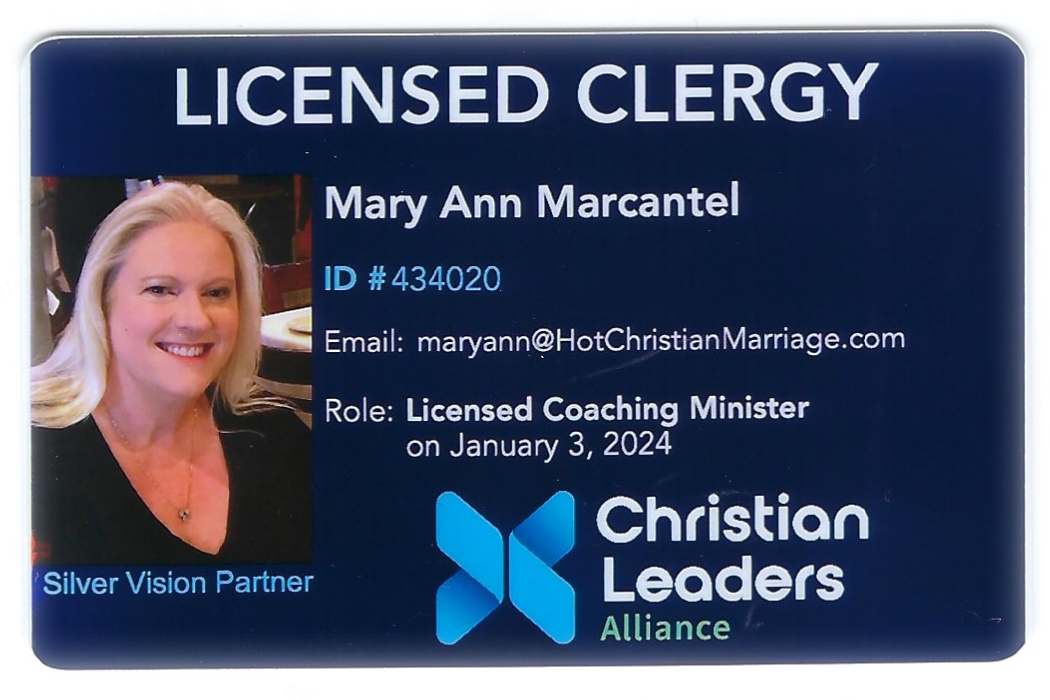We've all heard it said that opposites attract—that saying is so very true. I'm sure almost every marriage out there is an example of that. Those things that were so opposite to us are what attracted us to our spouse. However, after marriage, we often try to change our spouse.
We must learn to embrace our differences, our various ways of doing things, and our likes and dislikes. Yes, that includes dealing with your differences in sex drive. In nearly every marriage, one spouse is going to have a higher drive than the other, and contrary to belief, it's not always the man. That's not to say the other spouse does not enjoy sex; they just don't have the same drive, need, or desire to have sex as frequently as their spouse.
Speaking from personal experience in my own marriage, this can cause many disagreements, hurt feelings, and a sense of rejection.
So how do we respect honor and embrace a difference in sex drive?
First, eliminate any physical reasons for the lack of drive; this is especially true if libido has dropped. Check thyroid and hormone levels. Is there a medication they take that could be affecting their libido? Are they under a lot of stress?
Be aware that there can be mental and emotional barriers to drive as well. Are they depressed? Have low self-esteem and body image? Believe sex is shameful or dirty from their upbringing or any abuse?
Other marital issues can interfere with sexual desire, too. If things are not good in other areas, then intimacy is not going to be good either.
How is the sex? Not the quantity, but the quality. Both spouses can read about and learn new techniques to increase pleasure. Communicate what your needs and desires are. Hint to husbands: If your wife is always able to orgasm and enjoy the experience, they are likely to want it more often.
Stop trying to change your spouse! Stop expecting or even demanding they become high drive. Instead, find productive ways the two of you can work together. Work on communication, discuss your feelings. Don't hide your feelings or bottle up the rejection; share your heart with them! After all, they should be your best friend.
Find an appropriate time to sit down and discuss your concerns and frustrations with your spouse. Don't try to have this discussion during a failed attempt to have sex or rejection of your advances.
Discuss how many times a week you are having sex and how many times you wish you could have sex. See if you can agree to increase that number to a compromise.
When your spouse is not in the mood for intercourse, would they be willing to pleasure you in some other way, such as orally, with toys, fingering, or handjob? On some occasions, would your spouse be content to have more snuggle time or a massage? They may just need to be connected emotionally by touch.
Be willing to have difficult discussions so you can make progress.
Do not try to manipulate your spouse to have sex or to get out of having sex. We all know how to manipulate those we love to get our way, but that doesn't make it right. The high drive spouse knows just what kind of things they can do to convince their spouse to have sex. Conversely, the lower drive spouse knows exactly how much they need to tease and flirt to keep their spouse engaged and not have to put out. They know all the right excuses to get out of doing something they don't feel like doing.
Being married for over 30 years, we've navigated through many ranges of this spectrum. At times roles reversed, and this high drive wife could not enjoy sex. That was a very difficult time for me. I wanted to please my husband, and yet I felt dead inside. I loved my husband and myself enough to be determined to get my groove back, and it's been so worth it!
We love each other enough to want to please each other, so we had the hard discussions. Each of us is willing to go the extra mile to please the other.
The secret to a long-lasting marriage is being flexible and adaptable as you journey through life together.
Enjoy the journey!

